Mental Illnesses in Graduate Students


Photo by Luis Villasmil on Unsplash
Photo by Luis Villasmil on Unsplash
Emotional Toll on Graduate Students
According to a new Harvard research, graduate students are more than three times likely to suffer from mental health issues and depression than the ordinary American. Although the possibility is much more than 3 times.
The study, which polled over 500 graduate level students from eight prestigious colleges, also found that one in every ten students had suicide thoughts during a two-week period, which is consistent with previous recent studies.
While these findings may be concerning to some, as a current graduate student, I find them unsurprising. To comprehend the difficulties that graduate students confront, you must first grasp the organization of graduate school.
When students were asked what troubling emotions do they encounter
at Grad School?
The possibility of graduate students meeting the criteria for severe depression and anxiety is six times more than it is for the general population

BUT, WHAT ARE THE CAUSES?
Majority of students mentioned Academics as the main reason of their high stress levels
% of students mentioning the root cause
What's your scale: The GPA
Does it really matter?
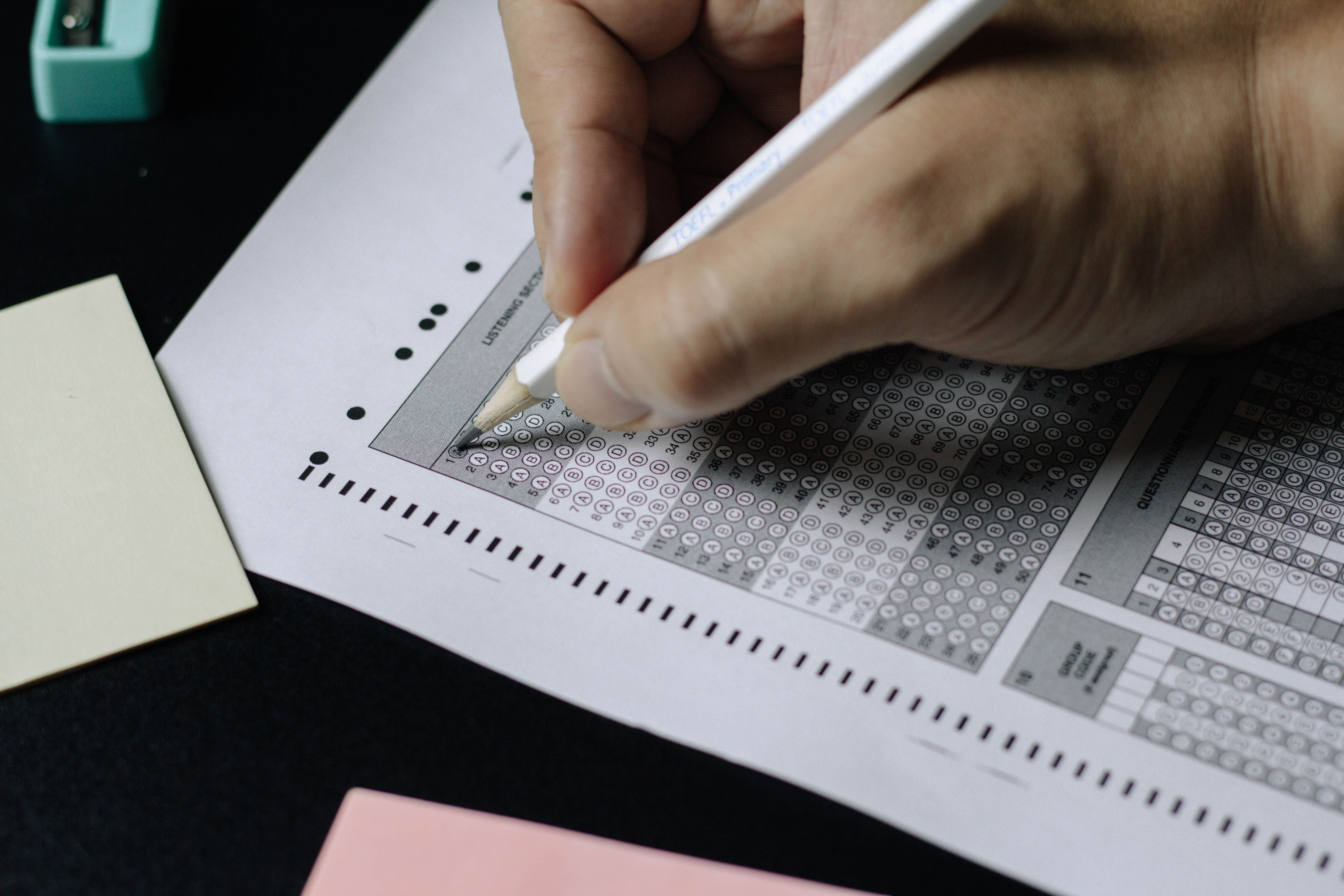
How much of toll does your GPA take you through?
Grades might feel like the most important thing in the world when you are pursuing a degree. They lead students to stay up late, get up early to talk to professors, make sacrifices, and experience a spectrum of emotions ranging from tension to apathy. GPA, regardless of how one feels about it, is an important element of high school life.
GPA is a source of tension, worry, pride, and fulfillment that plays an important part in advancing year after year since high school., and apparently this correlation doesn't end even while a student pursues their PhD.
"Everyone I know has 4.0s," a student said. "I didn't want to mention my GPA, which was a little low."

Photo by Anne Nygård on Unsplash
Photo by Anne Nygård on Unsplash
Exhaustion
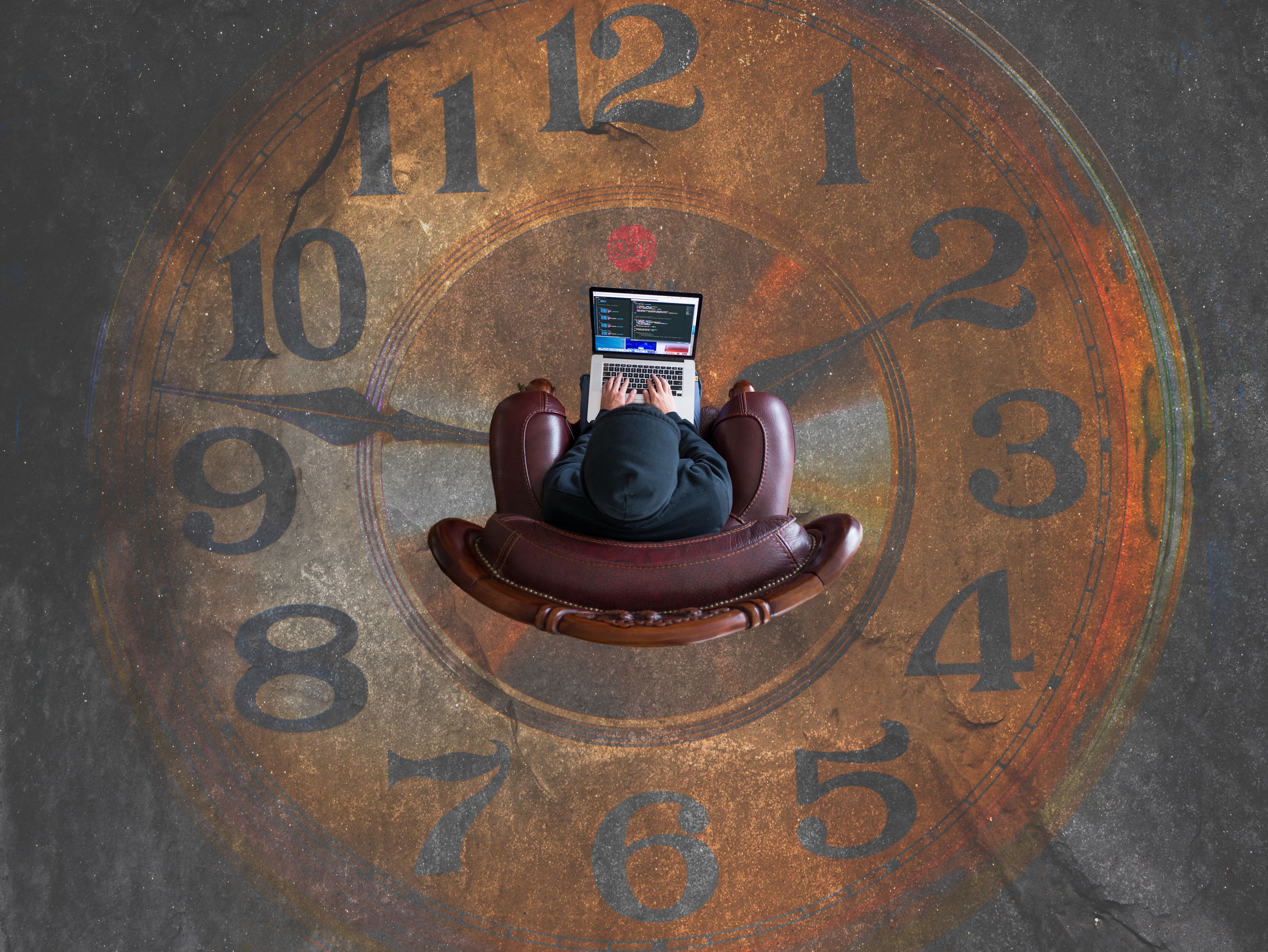
One of the major reasons for graduate students' exhaustion is the weekly long hours
Fact: A 9 to 5, 5 days a week job consists of 40 hours a week.
But, 76% of graduate students work more than 40 hours weekly!
Average weekly hours of Graduate Students
85% of respondents who spend 41+ hours a week on their work are dissatisfied with their hours worked
Okay, dissatisfied with the hours they work...
...but, since the start of graduate school experience, what were the students' level of satisfaction with life?
The quartlie of satisfaction has significantly reduced in 2021: hence it has worsened
But are the students getting help?
Though it may seem like graduate students have a good control of the state of their mental health, many do overestimate their own abilities in comparison to others.
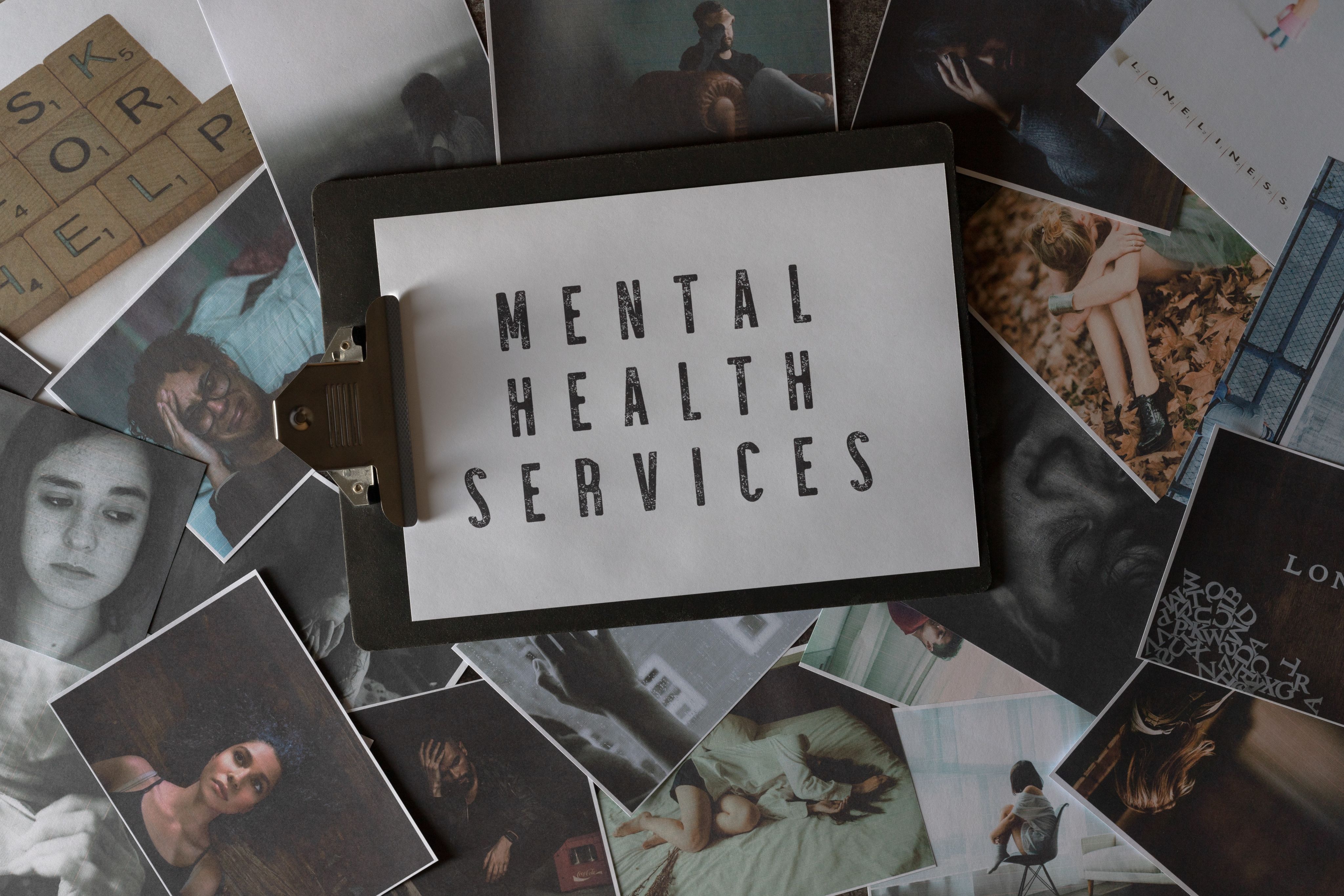
Students tend to not get time out of their busy weeks to go to therapy.
Hence bringing the total % of students proactively going to therapy down to 11%
CALL TO ACTION
So where do students go when they need help?
FELLOW STUDENTS.
Survey shows that when it relates to psychological difficulties, most students' first and most essential line of defense is their social support network.
Furthermore, the survey found that 75% of students are supporting more than 1 person. When in fact, 73% of those supporting other people were struggling mentally themselves.
So this is a call to action for all graduate students
As the test subject and the target audience of this topic, it is our duty to support fellow graduate students and proactively help them to get through these stressful years of graduate studies.
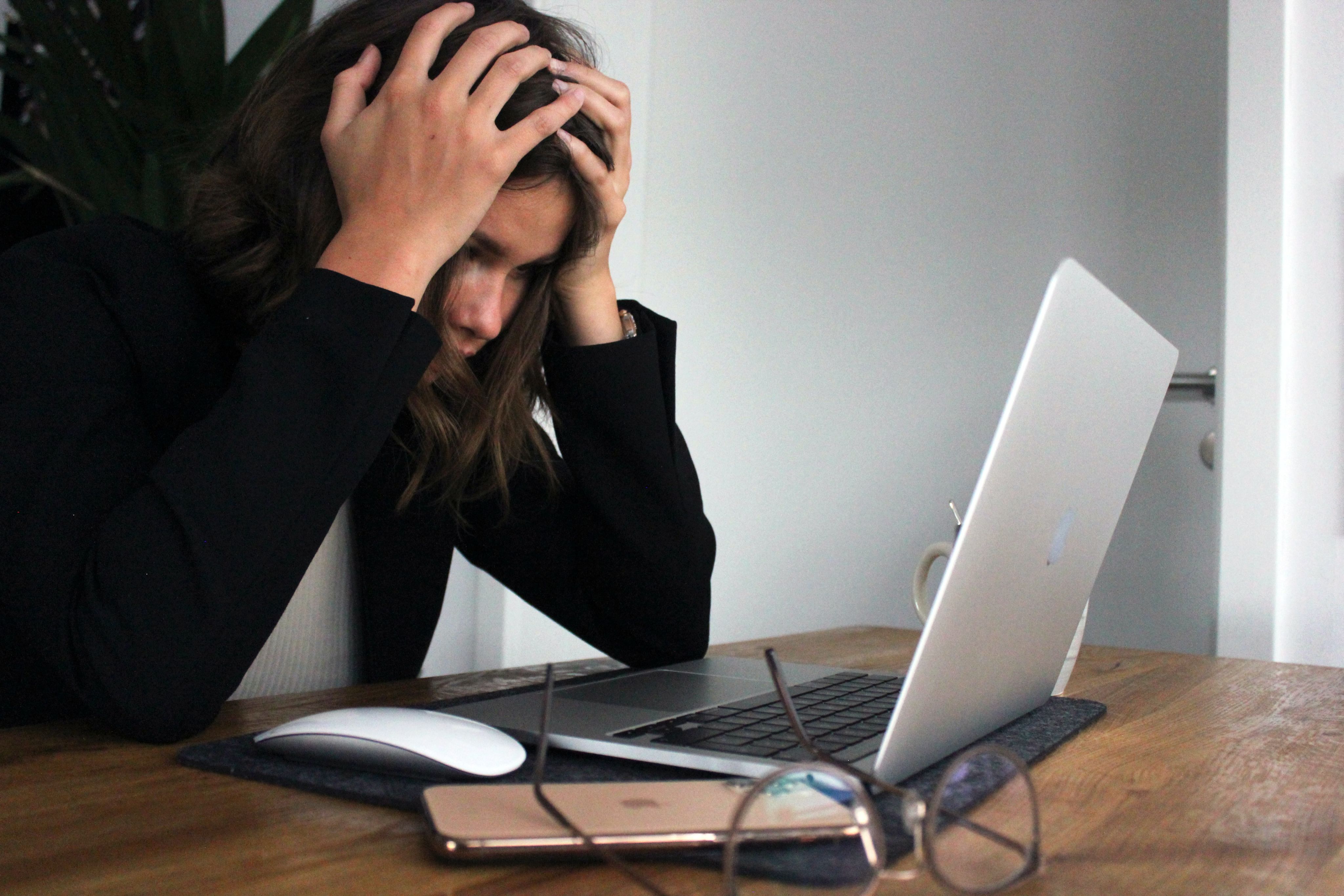
Photo by Elisa Ventur on Unsplash
Photo by Elisa Ventur on Unsplash

Photo by youssef naddam on Unsplash
Photo by youssef naddam on Unsplash
Resources
1. The National Grad Crisis Line
Grad Resources' mission is to provide graduate and professional students from all over the world with the emotional and spiritual support they need to pursue their goals with zeal and dedication.
988, which is the same as 911, is the new universal number for mental health resources. Keep in mind that graduate students have 24/7 access to qualified counselors who are familiar with the unique challenges graduate students face through this site, despite the fact that anyone can seek assistance through 988.
Link: https://gradresources.org/
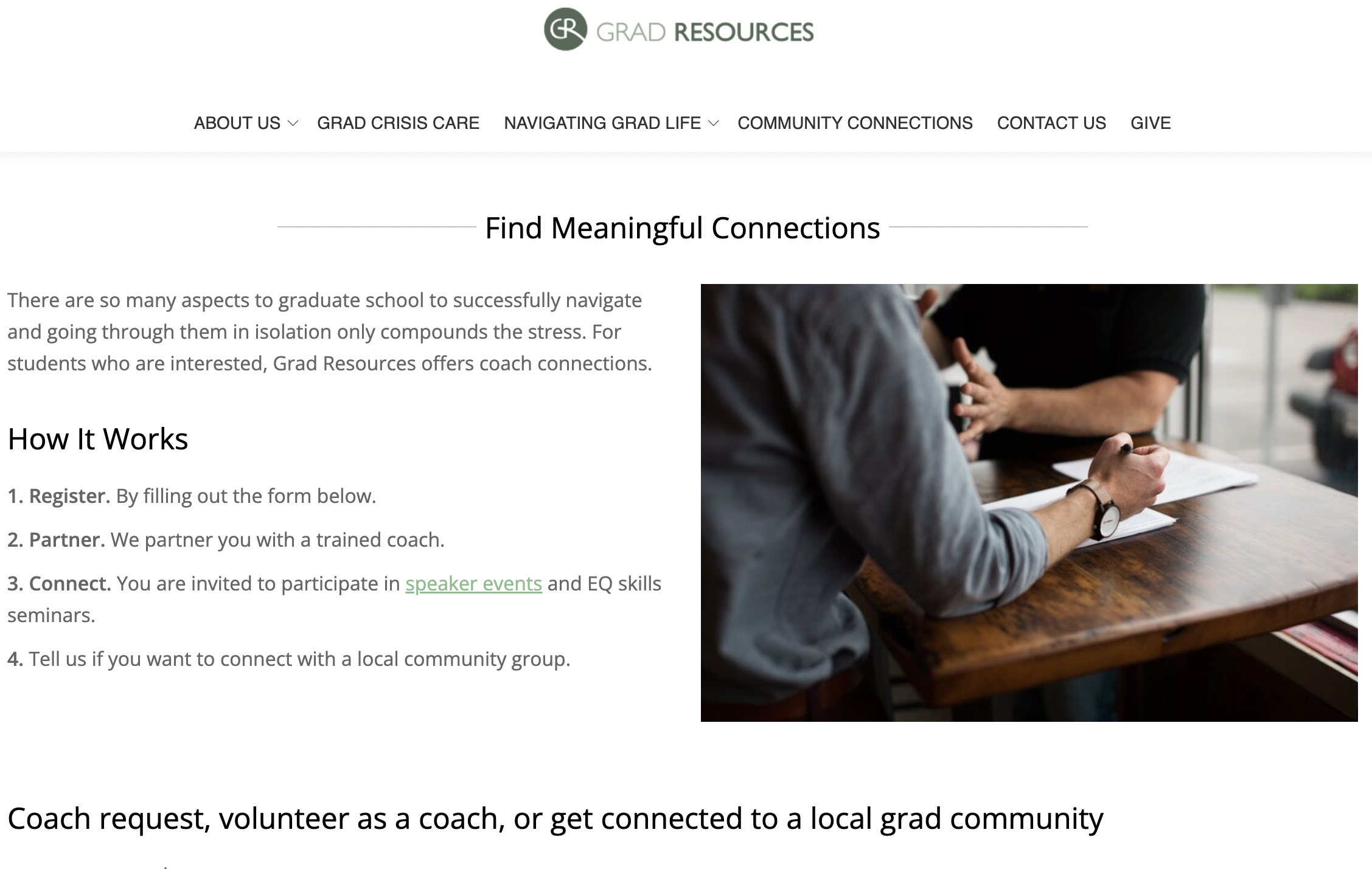
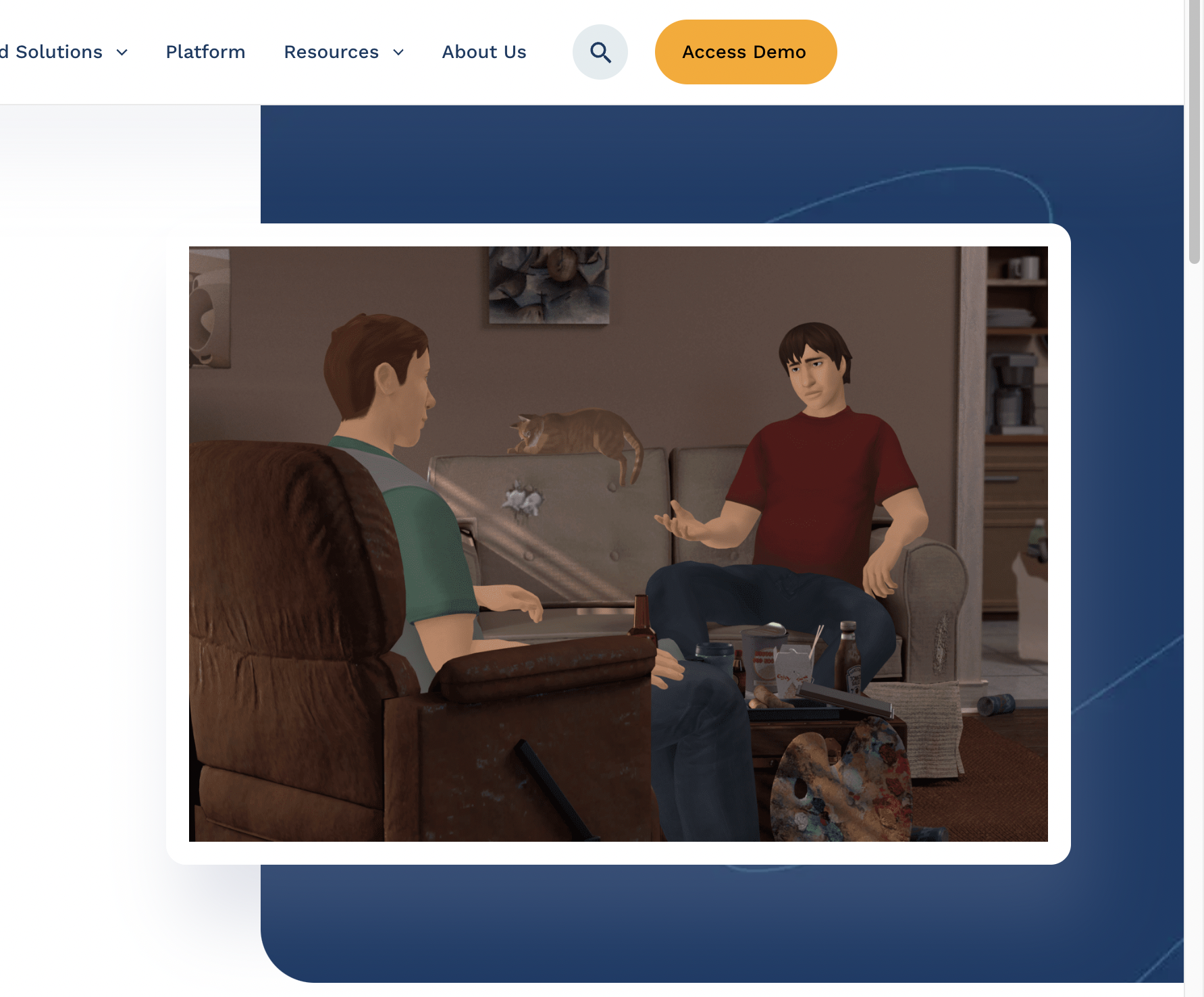
2. Seeking help digitally: Kognito
Organizations may use Kognito role-play simulations to swiftly enhance the ability of educators and students to lead real-life discussions that impact lives.
It raises awareness, information, and skills regarding mental health and suicide prevention, and it trains users to have real-life dialogues with other students who are in crisis and link them with resources.
Link: https://kognito.com
3. Dealing with stress/ Change your lifestyle: ChangeToChill
ChangeToChill is a mental health resource website that offers articles, exercises, and lesson ideas.
These tools are free and are developed exclusively for students who need help dealing with anxiety and adopting good habits into their daily routine.
They also feature a stress questionnaire to help you determine the source of your stress and how to effectively manage it.
Link: https://www.changetochill.org/
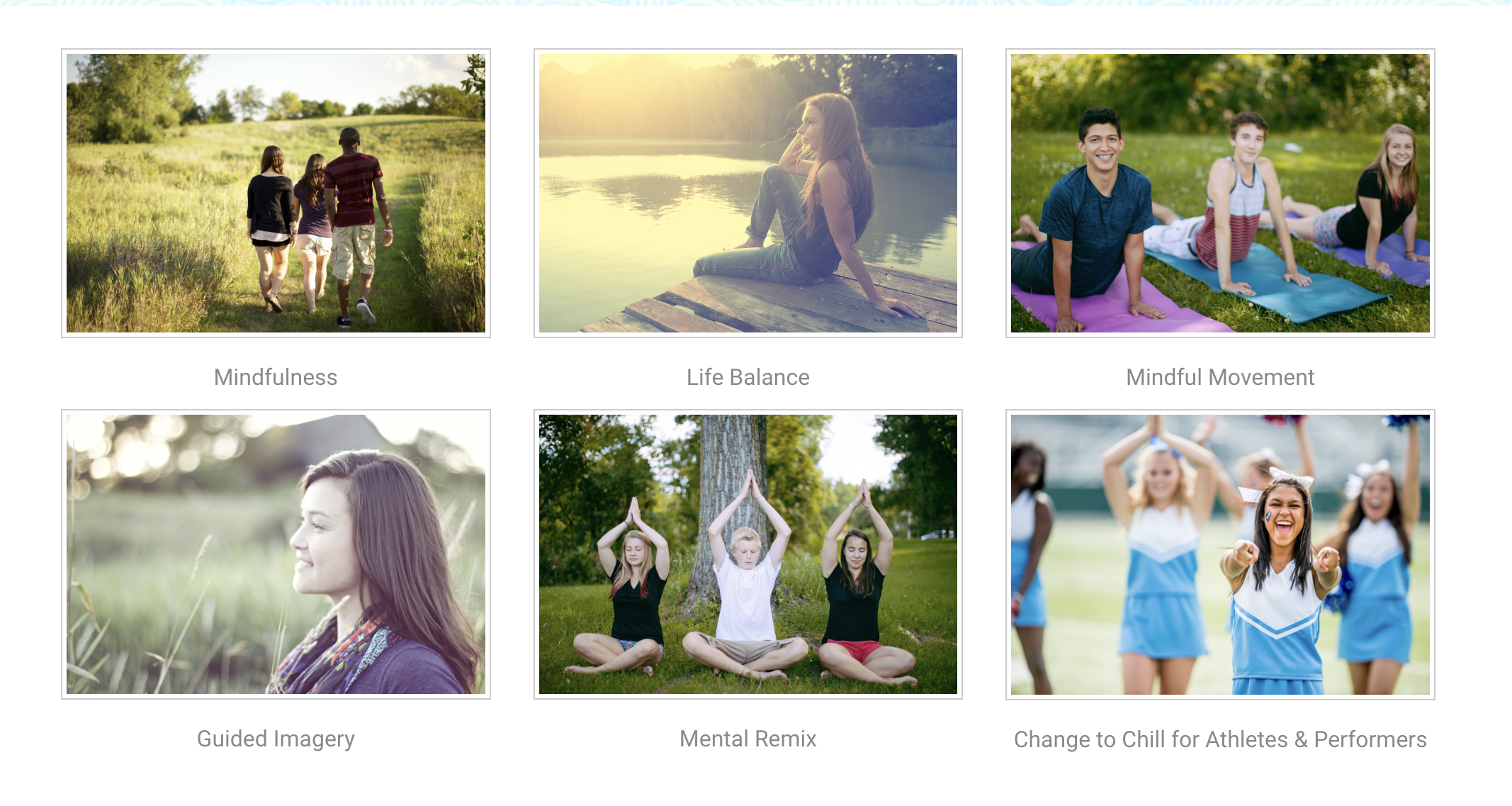
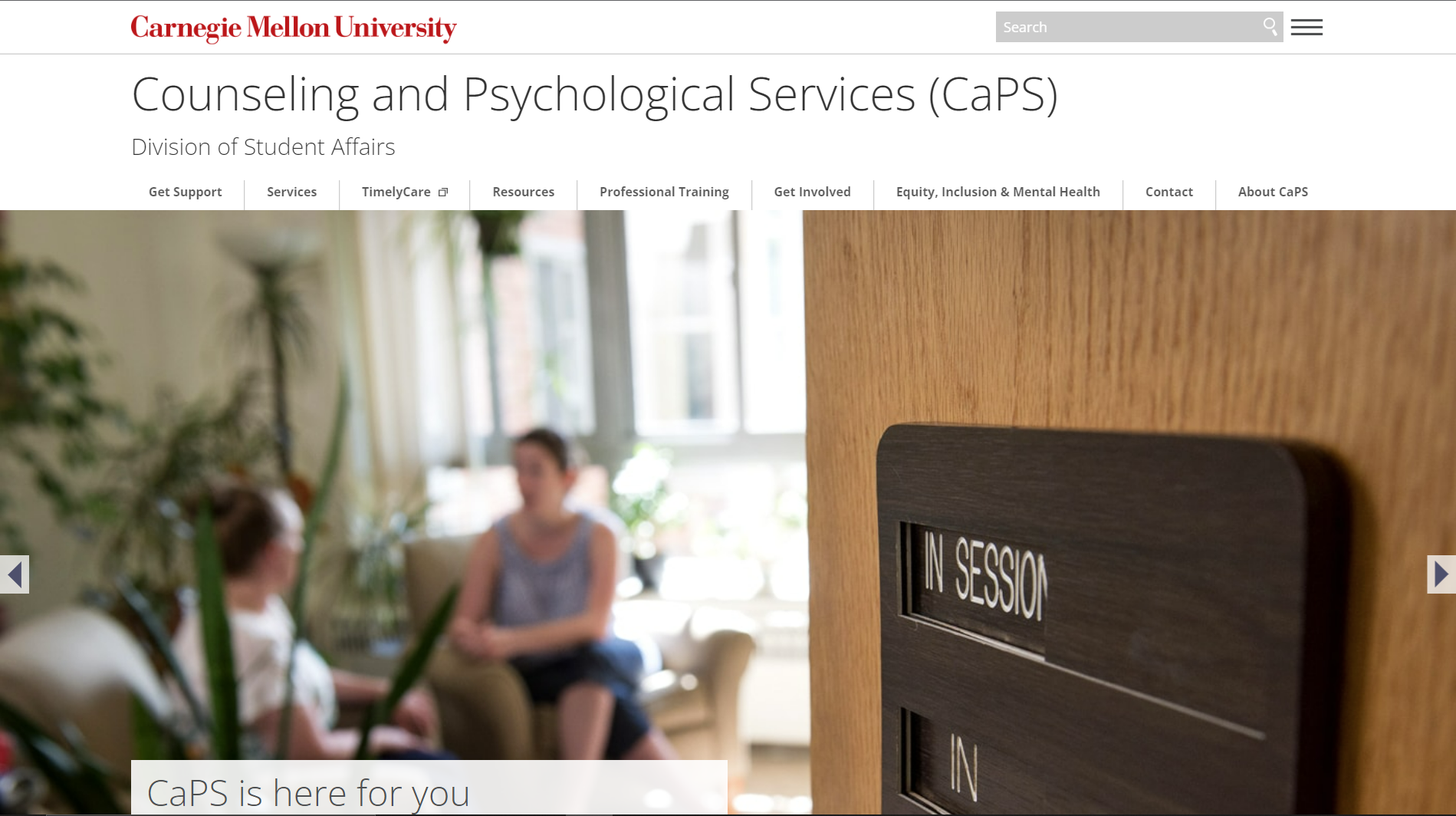
4. CaPS at CMU
CaPS (Counseling and Psychological Services) offers students with a secure, private setting in which they are open to discuss personal and academic difficulties without judgements.
All current students at the Pittsburgh campus are eligible for CaPS programs at no additional cost, and all services are confidential.
For immediate help, call 412-268-2922
Link: https://www.cmu.edu/counseling/
You are not alone.
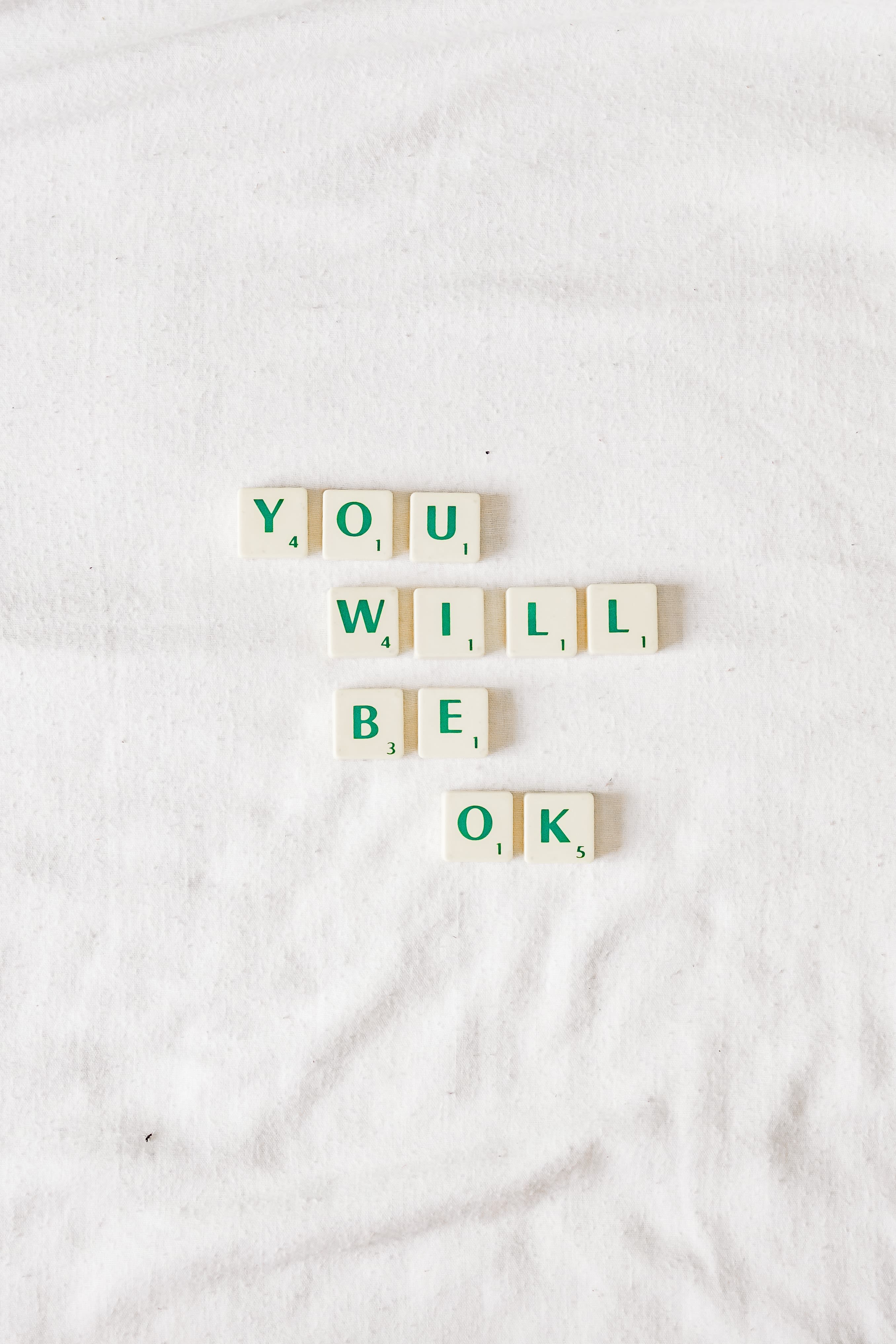
References:
- Supporting Graduate Student Mental Health and Well-being, the Council of Graduate Schools and The Jed Foundation
- Barreira P, Basilico M, Bolotnyy V. Graduate Student Mental Health: Lessons from American Economics Departments. Working Paper.
- University of Alberta, Graduate Student Mental Health and Wellness report, 2018.
- Graduate Student Mental Health Toolkit, Canadian Mental Health Association
- Mental Health in Grad School, University of California, Irvine